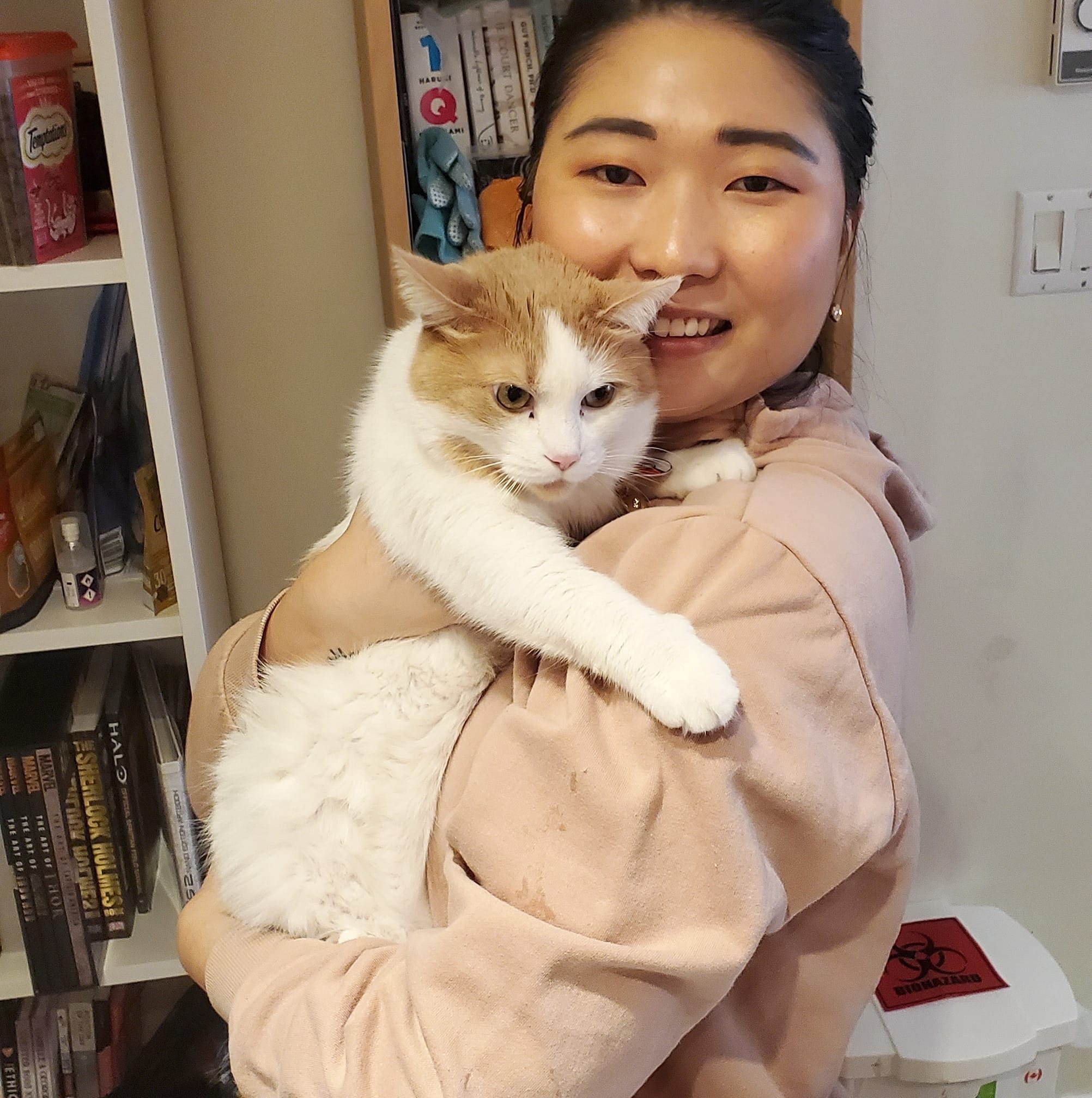AI Translators and the International K-Pop Fandom on Twitter
Main Article Content
Abstract
Artificial Intelligence Translators on Twitter opened many doors for International K-Pop fans. It allowed them to connect with their favourite artists without needing a middleperson of a translator. However, through this, the fear of “robots taking over” started to blossom. Can AI translators truly replace “real person” translators and therefore will “real person” translators, who receive celebrity treatment in the fandom “lose their jobs”? This paper explores how AI is not able to recreate the culture that “real-person” translators have created on the K-Pop fandom Twitter, and for fearing that “robots will take over” ignores the idea of ghost work. Furthermore, AI seems to miss some cultural nuances, although they can be programmed to pick up some context. AI Translators provide a “fast food” culture of translation – it satisfies the hunger of meaning for a short time, without understanding the full cultural context of the tweet. It is the “real person” translators that can provide full cultural context of the tweets. Therefore, although the fear of AI translators taking over seems valid, AI and humans must work together in order to provide the fullest translations for the International K-Pop fandom. This essay uses content analysis of tweets created by the International K-Pop fandom and K-Pop artists, as well as taking from various pieces of literature on AI and the translation within the International K-Pop fandom.
Article Details

This work is licensed under a Creative Commons Attribution-NonCommercial 4.0 International License.

